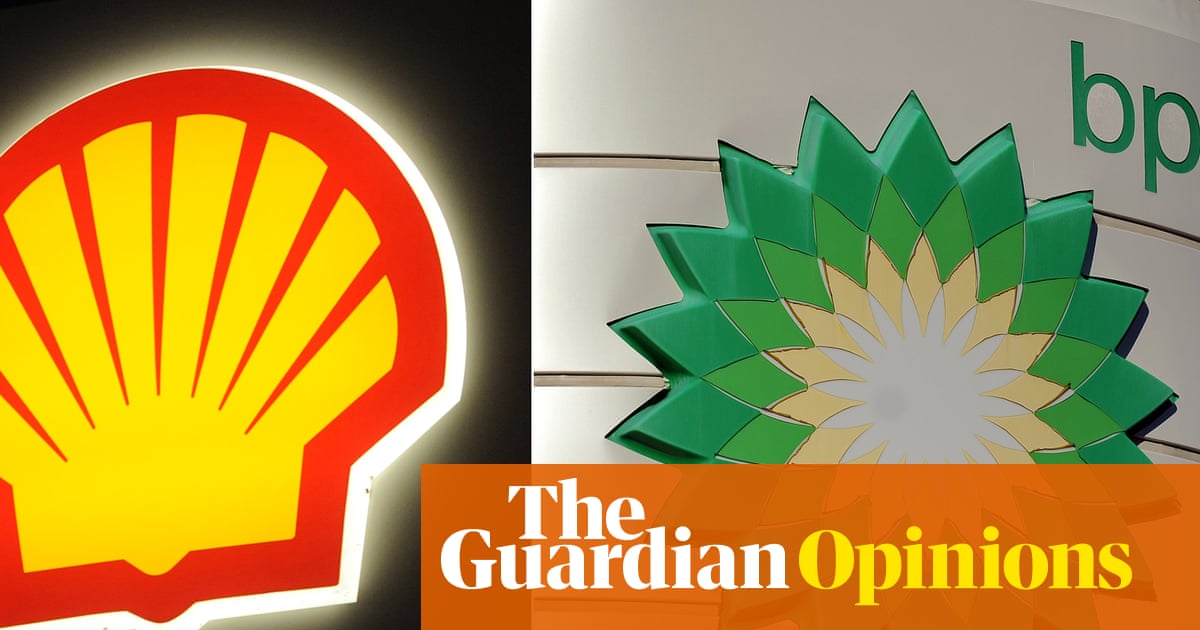BP is a sitting duck for a takeover bid by most criteria. Its share price has underperformed rivals’ for years. The latest strategic “re-set” was a bits-and-pieces production involving disposals, which do not happen overnight, plus a dilution of green energy ambitions that upset one sub-set of shareholders and didn’t go far enough according to another. Meanwhile, the chair,Helge Lund,exits next year, pursued by an activist investor.
SoShell, the most credible possible bidder by a distance, would be asleep at the wellhead if it were not taking a look and calculating what costs could be removed, which development licences it fancies and how regulators and governments might react. That’s standard stuff, and Shell, one assumes, will have maintained a version of such modelling for about 20 years, which is roughly as long as tales of a combination of the two companies have been running.
But here comes a response to media reports that was as definitive as these things tend to come:Shell says it has “no intention” of making an offer for BP, a statement that takes it off-side as a bidder for six months under Takeover Panel rules.
One should still remember the small print about the circumstances in which the Panel’s Rule 2.8 does not apply, because two are not unimaginable – somebody else taking a pop, or BP’s board agreeing to a bid. But Shell alsosaidit “has not been actively considering making an offer” and “has not made an approach”, which was a strong signal to the market to cool its jets. The share prices of the two companies, after a brief burst of excitement in New York trading, went back to where they were.
We’re also back to the same place in terms of pin-pointingthe biggest obstacle to a deal: Shell’s share price. Or, more precisely, it is Shell management’s loud declarations that its shares are dirt cheap and therefore should be bought by the company itself in large quantities for cancellation. Buy-backs have run at $3bn or more for 14 quarters in a row.
“I have said in the past that we want to be value hunters,” Wael Sawan, the chief executive, said in May. “Today, value hunting – in my view – is buying back more Shell.” That doesn’t in itself rule out mega bids, but it sets “an incredibly high bar,” as the finance director, Sinead Gorman, put it.
The thinking makes sense. Any £60bn-plus bid for an ailing rival would inevitably involve Shell issuing oodles of new paper. That is tricky to justify if you genuinely believe your acquisition currency is seriously undervalued and you add value by maintaining buy-backs. BP is not a must-do deal for Shell,as argued here previously. The arithmetic might work if BP’s board agreed to roll over and be bought at a tiny takeover premium – but that possibility must be remote.
None of which is to deny the industrial logic in a combination. There probably are huge costs that could be ripped out. Panmure Liberum’s analyst notes thatBPhas more than 100,000 staff, yet Shell delivers far higher returns with 96,000. Equally, one could imagine Shell offering to buy chunks of BP’s oil and gas acreage but not the whole company, something that is not excluded under Rule 2.8.
But the takeover dance feels like it requires Shell’s share price to be higher to make the numbers work. On that front, the recent trend is in the right direction but more progress is surely needed, which is why a “nothing for six months” statement is costless from Shell’s point of view. Next year the arithmetic may stack up more easily.
As for BP, this is starting to feel like a proper crisis. Its share price has drifted even lower since the unveiling in February of the supposedly “exciting” new strategy. Disposals to ease the strain on the balance sheet remain a work in progress. One assumes a new chair, with authority to re-set the re-set, will be found before the six months are up. But the appointment can’t come soon enough.
